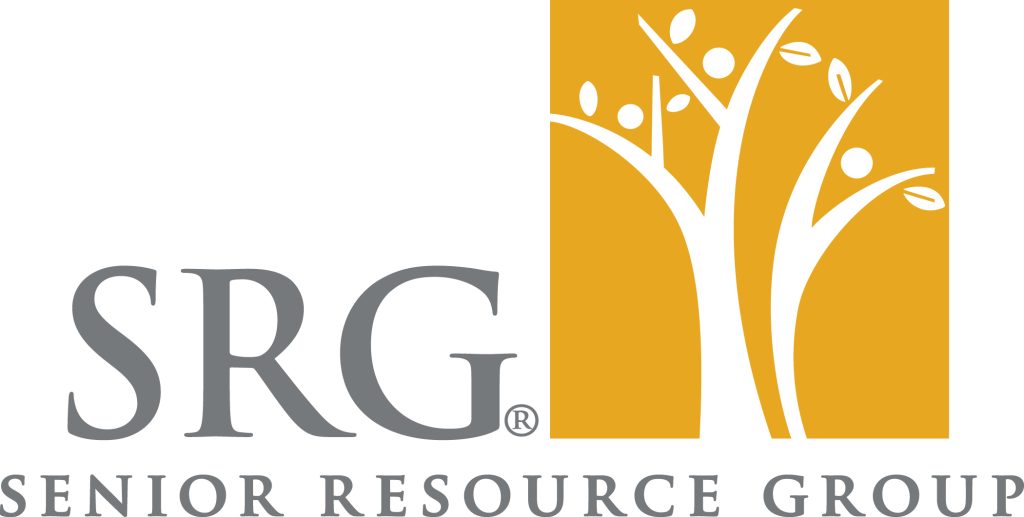Community Visitation Policy
In Person Visitation
Policy Date: 6/20/2022
Revision Date: 08/04/2023
Purpose
Essential caregiver visitors provide emotional support to help a resident deal with a difficult transition or loss, upsetting event, making major medical decisions, needs cueing to eat and drink, stops speaking, or end-of-life situations.
Policy
Essential caregiver visitors may be allowed entry into the community on a limited basis for specific purposes. Changes to the In-person Visitation Policy shall be communicated to residents and essential caregiver visitors promptly. The community will provide the Agency for Health Care Administration (AHCA) with a copy of the community’s essential caregiver visitor’s policy and procedure with an initial licensure application, renewal application and/or change of ownership application.
Essential caregiver visits will be allowed under the following circumstances:
Procedure
1. Essential caregiver visits will be allowed each day for a minimum of two (2) hours.
2. Two-hour visitation will occur between 9am to 8pm.
3. The community may make exceptions to the two-hour visitation window on a case-by-case basis for end-of-life residents.
4. Exceptions to the visitation window will be discussed and agreed upon in writing by the Executive Director or designee and the resident’s responsible party.
5. The community will set a limit on the total number of visitors allowed in the community at any given time based on the ability of staff to safely screen and monitor the space to accommodate the essential caregiver visitors.
- a. Community will identify locations for visitation/care to occur planning for residents in shared spaces to identify maximum time availability.
- b. Provide for outdoor visitation spaces that are protected from weather elements.
- c. Create indoor visitation spaces for residents in a room that is not accessible by other residents or in a resident’s private room if the resident is unable to leave their room.
- d. Essential caregiver visits may take place in the resident’s room or designated area determined by the Executive Director or designee at the time the visitation schedule is developed and agree upon.
6. Residents, Power of Attorneys (POA) and or Guardians will be asked to identify an essential caregiver upon move-in. No more than one essential caregiver visitor may be designated per resident.
7. Residents will be allowed to update as requested the named Essential Caregiver of record within 2 business days of request.
8. Residents will be allowed in-person visitation in the following circumstances unless the resident objects:
- a. End-of-life situations
- b. Is struggling with the change of environment and lack of in-person family support.
- c. Is making one or more major medical decisions.
- d. Is experiencing emotional distress or grieving the recent loss of a friend, or family member.
- e. Needs cueing or encouragement to eat or drink which was previously provided by a family member or caregiver.
- f. Needs cueing or encouragement to talk and interact with others.
9. Maintain a visitor log for signing in and out.
10. This policy will not prohibit essential caregiver visitor visits, if the specific resident to be visited is quarantine, tested positive or showing symptoms of a communicable disease. Visitors in these circumstances may be asked to don personal protective equipment but may be able to opt out.
11. The general visitation requirement that the community has no new community- onset cases of a communicable disease is not applicable to visitation by essential caregiver visitors.
12. The Community will designate a key staff member to support infection prevention and control training for essential caregiver visitors.
13. Essential caregiver visitors may be asked wear PPE per the community’s Infection Control Policies. The PPE shall be consistent with the most recent CDC guidance for healthcare workers.
14. No visitor may be required to wear a mask/facial covering, unless it is required by a healthcare provider, if the visitor is:
- a. Exhibiting signs or symptoms of or has a diagnosed infectious disease that can be spread through droplet or airborne transmission
- b. If visiting a resident, whose healthcare provider has diagnosed the resident with or confirmed a condition affecting the immune system. The condition is known to increase the risk of transmission of an infection from employees without signs and symptoms of infection to a resident. The resident’s healthcare provider has determined that the use of mask/facial covering is necessary for the resident’s safety.
- c. Visitors may opt out of wearing a mask/facial covering if an alternative method of infection control or infectious disease prevention is available.
Agreement
1. The resident or representative will read and sign the In-person Visitation Policy and Procedures. The acknowledgement of the signature represents that the essential caregiver visitor will abide by the policies set forth in this document.
2. The essential caregiver visitor will complete training on infection prevention and control including the use of PPE, use of masks, hand sanitation, and social distancing before a visit.
3. The essential caregiver visitor must immediately inform the community if they develop symptoms consistent with a communicable disease within 24-hours of their last visit at the community.
Screening and Visitation
1. Community will thoroughly screen the visitor per the community’s infection control policy and procedure and document:
- a. Name of the individual
- b. Date and time of entry
- c. Screening mechanism, and the screening employee’s name and signature
- d. If visitor fails the screening, the visitor cannot be allowed entry to the community.
2. Executive Director or designee will confirm the following:
- a. Required consents, training and policy acknowledgements are in place.
- b. Appropriate personal protective equipment (PPE) is used if applicable
- c. Require the essential caregiver visitor to sign in and out on the visitor log
- d. Monitor the essential caregiver visitor’s adherence to set forth policies and procedures.
3. If the essential caregiver visitor fails to follow the community’s infection prevention and control requirements, after attempts to mitigate concerns, Executive Director or designee shall restrict or revoke visitation.
4. In the event the essential caregiver visitor’s status is revoked due to the individual’s failure to follow the community’s policy and procedures, the resident may select a different essential caregiver visitor who will be granted visitation rights upon proper vetting and agreeing to the community’s policy and procedures.
5. The essential caregiver visitor’s policy and procedure will be available on The Carlisle Naples home page.


